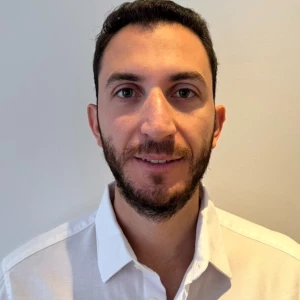Hi experts,
1. Can you suggest some of the major ways how the case solving approach, the questions that we get etc. in interview are different from those that we get during a real engagement?
2. Would good problem solving skills during interview make you a good real problem solver? (Not taking into account communication, ability to work with differnt people, fluency in navigating through politics, etc., I understand real engagements are more complicated).










